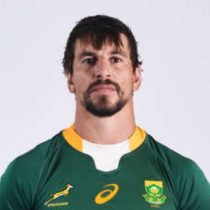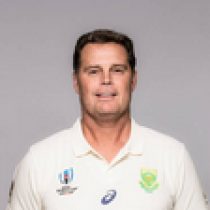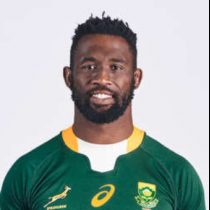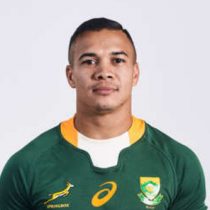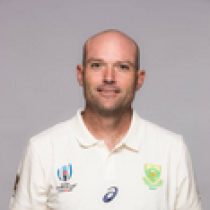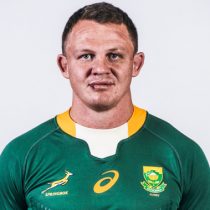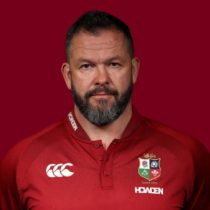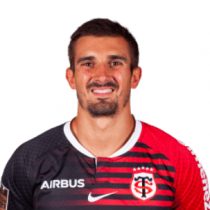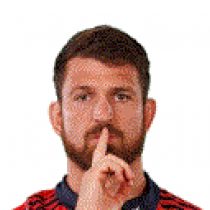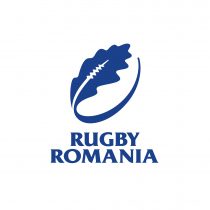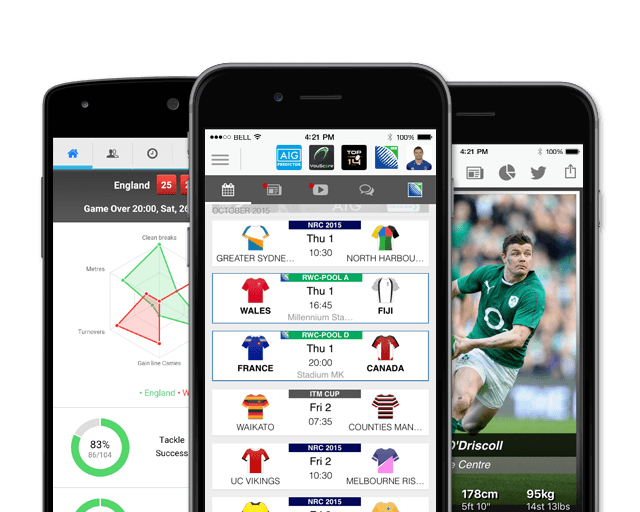Belief, commitment and confidence: How South Africa won Rugby World Cup 2023
- 3575

The Springboks’ journey to their record fourth Webb Ellis Cup was paved by the squad’s resilience and their ability to overcome adversity in France.
“As a Springbok, you always believe you are going to win,” centre Jessie Kriel said, less than an hour after South Africa beat New Zealand 12-11 at Stade de France to lift the Webb Ellis Cup for a record fourth time.
“You don’t have doubts. Winning is a mindset – something we train for – and that belief came through again.”
The idea that a 'winning mentality’ is carved into the foundation stones of champion sides is nothing new. But few, if any, squads can have etched it as deeply into their psyche as the Springboks v.2023.
Coaches Rassie Erasmus and Jacques Nienaber targeted this year’s tournament when they took charge of the national side in 2018. By their own admission, and that of now two-time Men’s Rugby World Cup-winning captain Siya Kolisi, the 2019 title was a victory of hope over expectation.
But 2023 was always going to be different. This was a title defence built on unwavering self-belief and indefatigable commitment, never mind that several other nations, too, had their hearts on the Webb Ellis Cup this year.
Second row Jean Kleyn summed up South Africa’s settled mindset in the minutes immediately after the final: “It is a sign of a really good team if you win the matches you are not supposed to win.
“[The semi-final] was definitely a match we won at the death. I think today we earned it; the quarter-final, we earned it. The belief in the team is immense and I didn’t think for one minute we thought we would lose.”
He wasn’t wrong about the challenges South Africa overcame in France. Their route to a second successive title was as hard as it gets, in arguably the most competitive Men’s Rugby World Cup there has ever been.
At least three other sides had genuine championship ambitions: Ireland, the number one side in the World Rugby Men’s Rankings powered by Capgemini coming into the tournament; hosts France at their home tournament; and triple-crowned rivals the All Blacks.
South Africa faced them all in their seven-match quest for the golden cup, losing only once, to Andy Farrell’s Ireland in a ferociously difficult Pool B that featured, with Scotland, three of the top five-ranked sides in the world at the start of the tournament.
As well as the one-point win over New Zealand in a final that redefined the word intense, South Africa, also bettered a rejuvenated England in the semi-finals.
The Springboks scored 10 unanswered points in the closing 11 minutes to win 16-15, the decisive 78th-minute long-range penalty from ice-cool Handré Pollard physical evidence of that self-belief team-mates Kriel and Kleyn later referenced.
A week earlier, in the quarter-finals, France came to play, and were conquered. By a single point in a seven-try thriller when, as it would again a week later, 10 Springbok points in the final quarter – Eben Etzebeth’s 67th-minute try, Pollard’s conversion, and his nerveless penalty two minutes later – ripped a match-winning lead out of their opponents’ hands. Confidence, belief and commitment, right there.
There wasn’t time, despite Thomas Ramos’s successful 73rd-minute penalty for the hosts to wrestle back the lead. The final scoreboard read 29-28 – a charged-down first-half conversion by one of the smallest players on the pitch, Cheslin Kolbe, the difference on the night.
That single moment was all wrapped up in the team’s attitude, coach Nienaber said afterwards: “You don’t see that often – somebody chasing a lost cause. We were opened up a couple of times but the scrambling, the effort the players put in was enormous.”
This is what South Africa have done all tournament. Scotland, fifth in the world when the two sides met in their opening pool phase encounter on 10 September were calmly dispatched. The scale of the Springboks’ victory was not fully reflected in the 18-3 scoreline, as a combination of power and pace, underpinned by suffocating defence, undid the Scots.
Sandwiched between bonus-point Pool B wins over Romania (76-0) and Tonga (49-18), South Africa’s solitary defeat came against Ireland, when a titanic, bruising, no-quarters encounter ended 13-8.
“It was a proper test match,” Nienaber said. “Like I said before the game, I think both teams would learn a lot from this game, the two best teams playing against each other, which is a great test and preparation going forward.”
South Africa definitely learned. And, despite that defeat, they never lost the belief that carried them the rest of the way. If anything, it was reinforced.
And it was embodied in the final by Deon Fourie. The 37-year-old flanker filling in at hooker played 75 minutes against New Zealand after Mbongeni Mbonambi picked up an early injury, making 21 tackles.
“Both my hammies (hamstrings) were cramping and my calves were cramping and I felt bad around my shoulder,” he said about those tension-filled final minutes, “but I knew I couldn't go off as Mbongeni was injured and we needed a hooker. Bit the bullet and luckily, we got to the end.”
As Nienaber said: “If there are 16 lineouts in a game, there are 120, 150 rucks in a game, and he makes 20 tackles. Sometimes he loses the lineouts, [but] he makes up for it in other ways. At whatever age he is – 37 – to put in a shift like that is special. I have coached Deon since he was 20 years old and I always knew he had that dog in him.”
Commitment to the cause. Confidence to do a job. Belief in the system. This is the South African way. And it has just won the Men’s Rugby World Cup.
